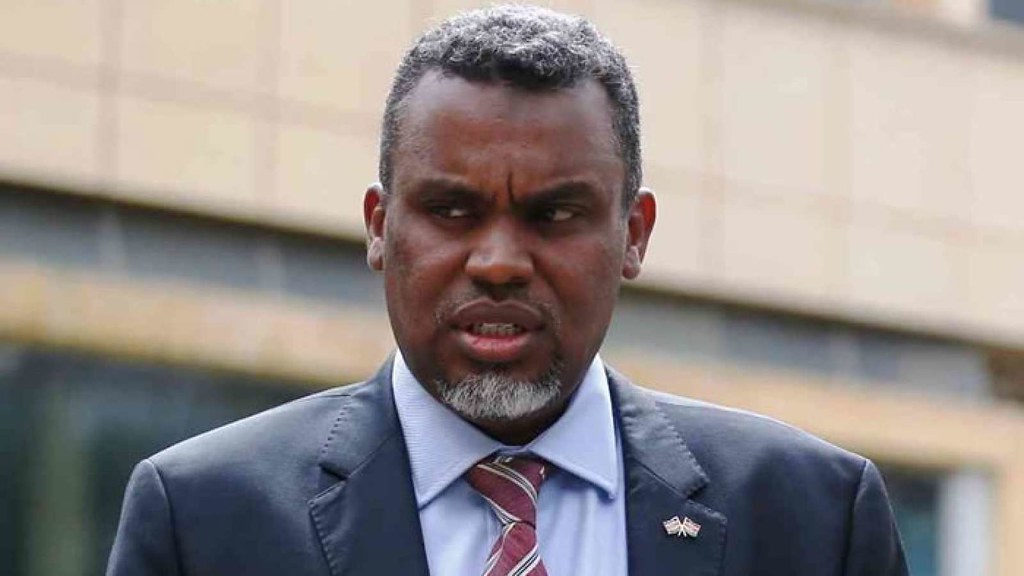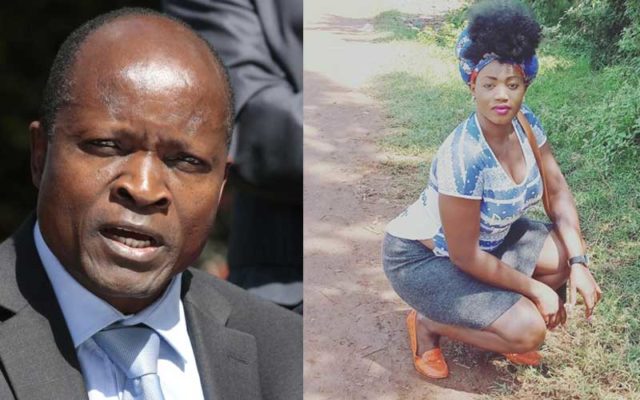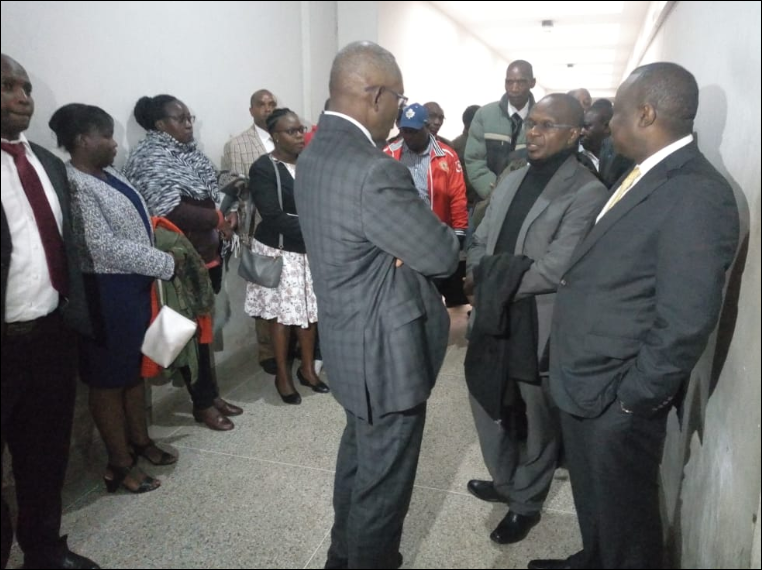
Director of Public Prosecutions Noordin Haji has blamed the bureaucracy in the system for the low rate of conviction in high profile criminal cases in the country.
Addressing the issue of the number of cases and convictions delivered by his office since his appointment in 2018, Haji stated that over 180 cases had been presented to his office for prosecution.
The DPP, however, noted that getting the main suspects in these cases sent to jail had taken quite a long time because there is an instituted process that has to be followed to the letter before deeming accused persons guilty of their crimes.
Number of cases and convictions handled so far by the current DPP Haji since he took office.#KTNNewsCenter @CzedaBrenda pic.twitter.com/GsbcCdi2Ev
— KTN News Alerts (@KTNNewsKE) October 22, 2019
Acknowledging public anxiety over the said delay in several cases of public concern, Haji explained that the criminal justice system is a collaboration of several branches of the government.
“You start with investigations that are done by investigators,” Haji explained.
The investigators then hand-over their findings to the office of Public Prosecution who decide whether the evidence presented meets the threshold to form a solid case against the suspect(s).
The DPP further explained that the process ends with the Judiciary, the arm of government responsible for handing out convictions and consequently, sentences.
Kenyans have in the past expressed concern over the slow closure of criminal cases involving public figures such as politicians.
One such case of concern is the murder of university student Sharon Otieno in August 2018, a case where Migori Governor Okoth Obado was termed as one of the main suspects.

Although he was held by police for several weeks, he has since been released and resumed official duties as Kenyans wonder what became of the case.
Also of concern to the public are corruption cases against civil servants such as cabinet secretaries and governors, which pick momentum at the beginning then die-off along the way.
For example, Treasury Cabinet Secretary Henry Rotich was in January implicated in a corruption scandal revolving around the disputed Arror and Kimwarer Dams construction. He was later arrested and replaced but not much has come out of this case so far.

Kenyans are also anxious over Deputy Chief Justice Philomena Mwilu’s graft case which has had no major breakthrough so far.